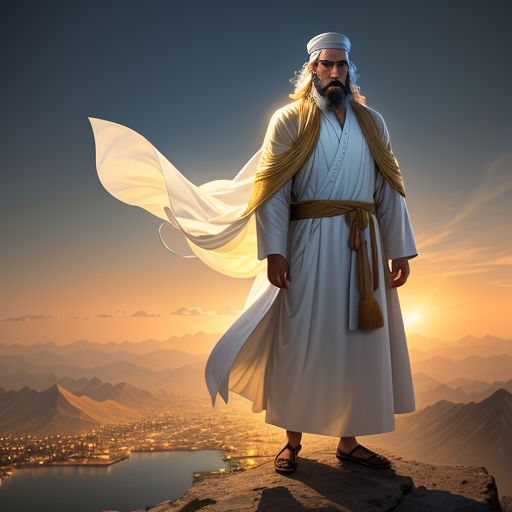
The Messenger of God
By Storybird

09 Sep, 2023

In the Arabian city of Mecca, a child named Muhammad was born in the year 570 AD. His birth brought joy to his family, but his father passed away, leaving him an orphan at a very young age.

Growing up under the care of his grandfather and later his uncle, Muhammad gained a reputation for his honesty. His character earned him the nickname 'Al-Amin', meaning the trustworthy.

At the age of 25, Muhammad married Khadijah, a wealthy businesswoman. He had found not only a loving wife but a strong supporter in his later mission.

Muhammad spent many nights in the solitude of the Hira cave. One night, during the Holy month of Ramadan, he received his first revelation from God.
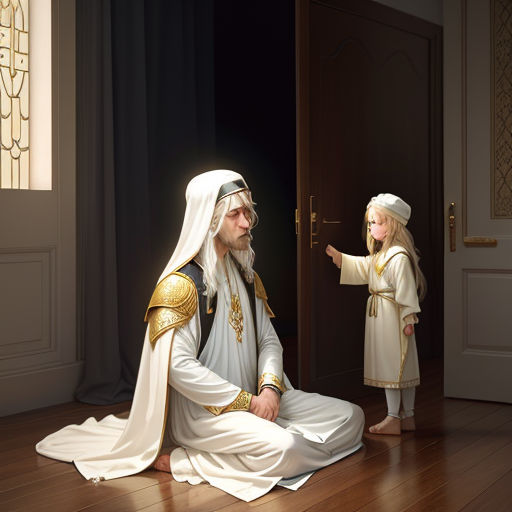
The Angel Gabriel appeared before Muhammad and revealed to him the first verses of the Quran. These verses marked the beginning of his prophethood.
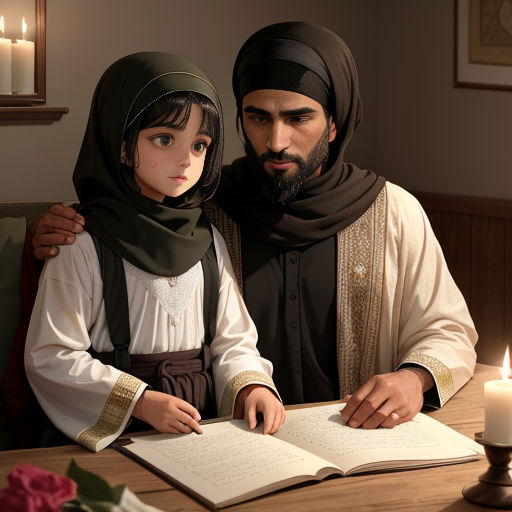
Muhammad was tasked with spreading the divine message of monotheism. He began preaching these teachings to his family and close friends.

The teachings of Islam were met with harsh opposition by the Quraysh tribe. They refused to abandon their ancestral beliefs and customs.
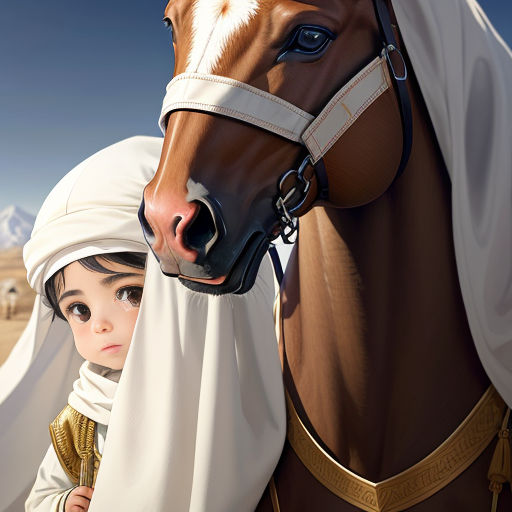
Despite facing persecution, Muhammad and his followers remained steadfast. Their unwavering faith in God and His Messenger was a testament to their resilience.
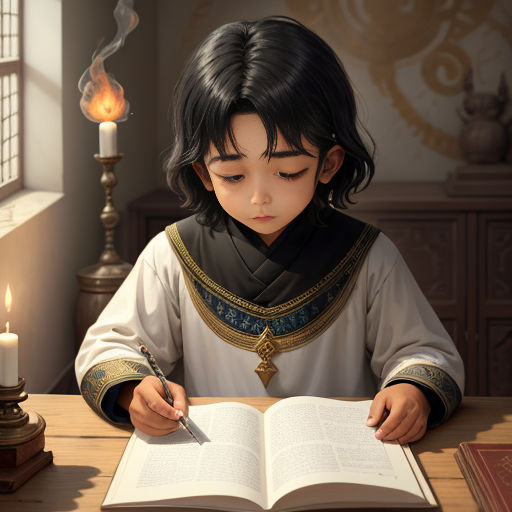
The hardships did not deter Muhammad from his mission. Instead, they motivated him to spread God's message with even greater zeal.
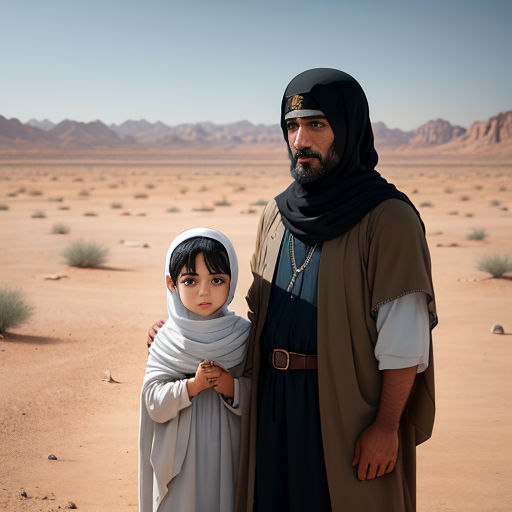
The boycott and social isolation imposed upon Muhammad and his followers took a tremendous toll on them. Despite these trials, they did not forsake their faith.
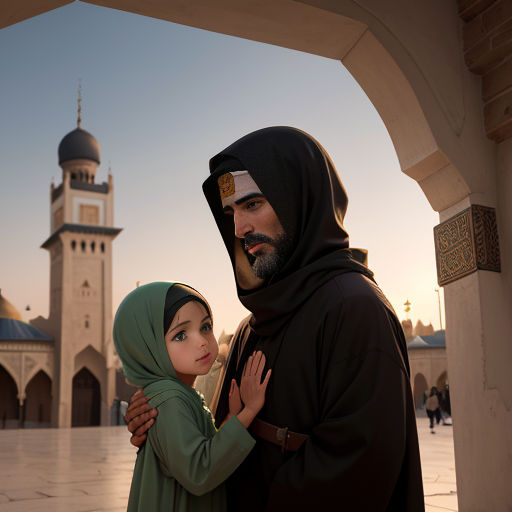
Muhammad's patience and perseverance were rewarded when the tribes of Medina invited him to their city, promising protection and freedom to practice their religion.
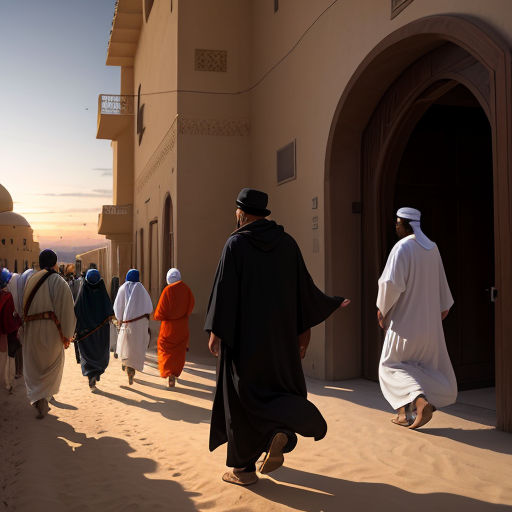
The Prophet and his followers migrated to Medina in what is known as the Hijra. This significant event marked the beginning of the Islamic calendar.
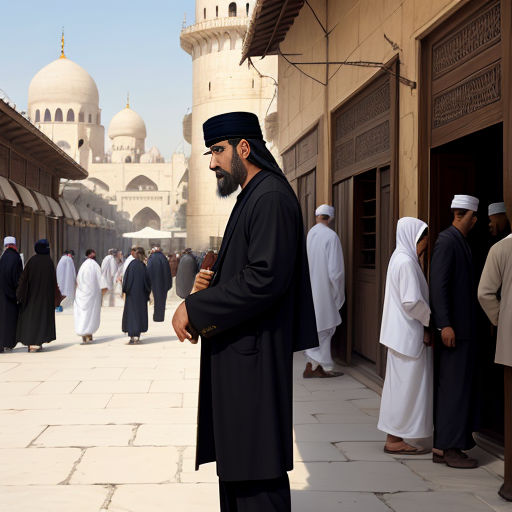
Once in Medina, Muhammad established a constitution to ensure peace and justice. It was a testament to the Islamic teachings of unity and equality.
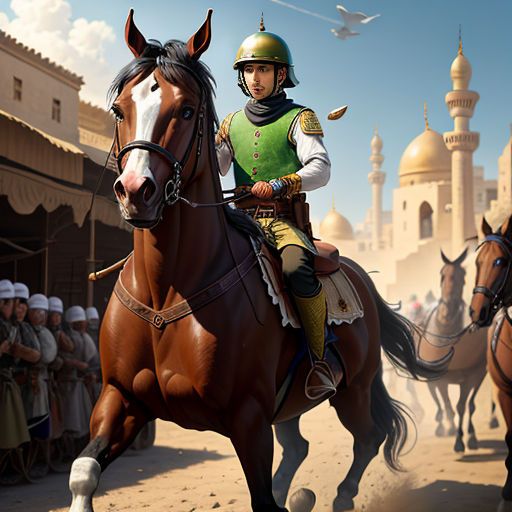
The Quraysh, however, were not willing to let go of their vengeance. They planned to attack Medina, leading to several battles between them and the Muslims.
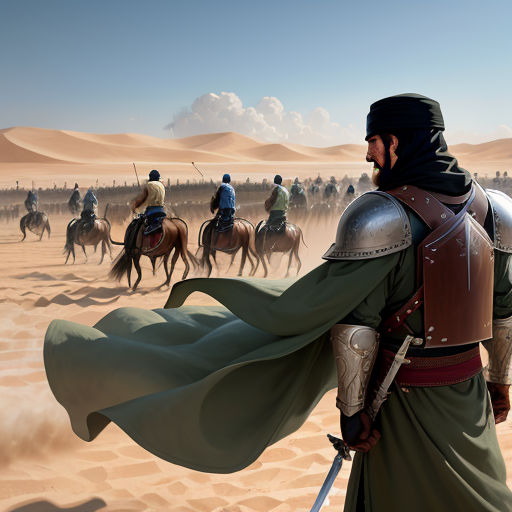
Despite being heavily outnumbered, the Muslims were victorious in the Battle of Badr. Their faith and unity were their greatest strength.

After many years of conflict, Muhammad and his followers entered Mecca peacefully, in a great show of dignity and compassion.
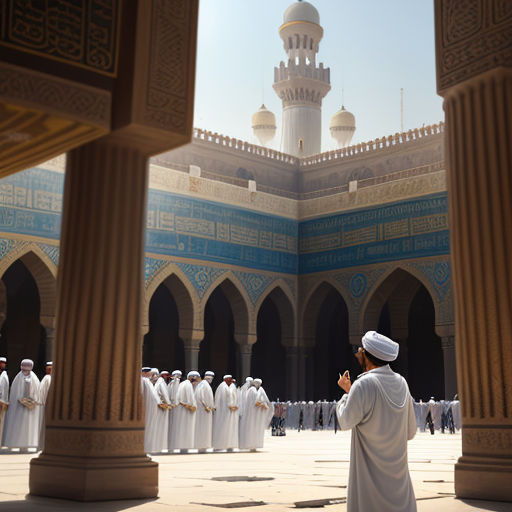
The Prophet initiated the act of clearing the Kaaba of the idols it contained, symbolizing the removal of polytheism in Mecca and the establishment of monotheism.

The life of Muhammad was a testament to his virtues of compassion, tolerance, and justice. His teachings continue to guide millions across the world.
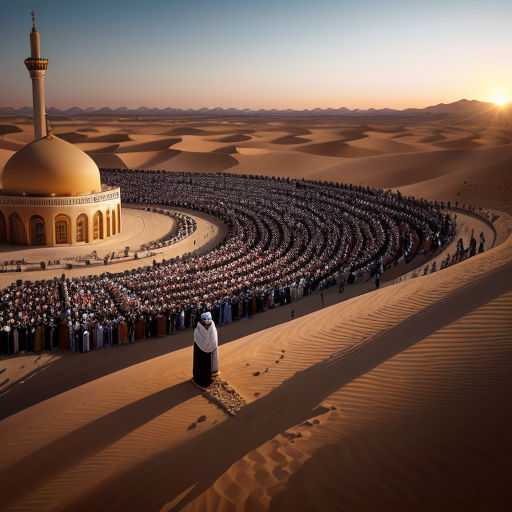
The last sermon of Muhammad during his farewell pilgrimage holds timeless advice on equality, justice, and respect among all human beings.

Muhammad left this world in 632 AD, leaving behind a legacy that continues to inspire and guide. His life story is a beacon of hope and faith.

Though centuries have passed, the life and teachings of Muhammad remain relevant. He is an exemplar for all those seeking peace, justice, and unity.

The simplicity, humility, and compassion of Muhammad's character shine brightly in the annals of history. His exemplary life continues to inspire.

Muhammad's life served as a testament to resilience in the face of adversity. He remained steadfast in his mission, despite the numerous challenges.
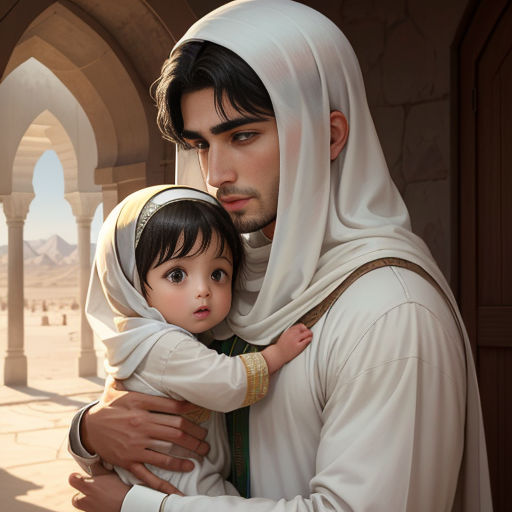
The story of Muhammad is a story of undying faith and unwavering commitment. His life is an epitome of determination and courage.

Above all, Muhammad's life is a lesson in love - love for God, love for humanity, and love for peace and justice. His legacy continues to guide and inspire.